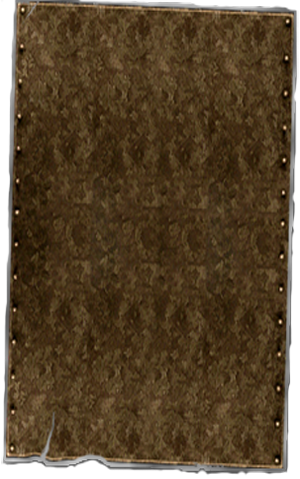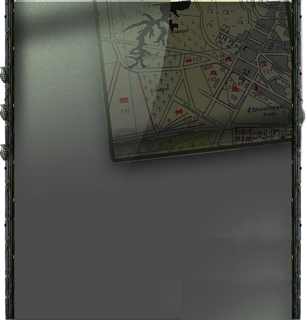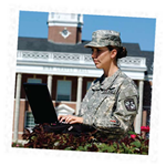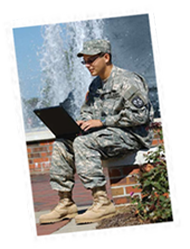







In the fall semester of 2008, 63 cadets enrolled in an English composition course at West Point collaborated on ten narratives received from three active duty soldiers, one medically retired soldier, a son of a soldier, and a spouse of a soldier. An article in the August 2008 edition of the Army Times advertised the project, and these narratives were submitted as a result. Sixteen groups comprised of three to five cadets wrote essays about the revision advice they provided these authors and also conducted presentations to their classmates that illustrated their collective critiques. The essays consisted of a summary of the story highlighting the themes and plot development, an analysis of the author's use of rhetorical strategies, an explanation of the revisionary advice they wished to offer the author(s), editing issues, and their personal response to the narrative illustrating what they learned about soldiering, the war, and the process of effective writing. Most of these essays were sent to the authors along with peer-reviewed copies of the author's stories.
The cadets engaged in electronic file sharing with the soldier-authors providing feedback through Microsoft Word's Track Changes and Comment features. Throughout the semester, the cadets engaged each others' essays using similar methods, culminating in this project that allowed them to use this same methodology to assist their fellow servicemen and women to collaborate on effective writings. This technology serves as a pedagogical necessity for training cadets to be peer reviewers not only of one another's work but of writings that exist outside the confines of the academy. This means that the cadets can help others write more effectively no matter the distance.
In May 2009, another request for stories went out through the Army Times with the tagline "Program seeks to help you pen your war stories." It advertised a visit made by three cadets and CPT Mike Warren to six Army installations in July 2009 (Fort Drum, Fort Campbell, Fort Benning, Fort Stewart, Fort Bragg, and Walter Reed Army Hospital) where the team interviewed soldiers stationed at Warrior Transition Units (organizations for soldiers recovering from wounds to reintegrate into civilian life or back into the military) and conducted writing workshops at education centers for prospective authors. The visits were also advertised by some of the local newspapers, but in the end yielded very few participants in the writing workshops. The interviews with wounded warriors, however, were extremely successful with over 25 conducted by the 3 cadets who heard stories from the front that they would never hear in the classroom.
The summer AIAD (Advanced Individual Academic Development) trip for the cadets from West Point allowed the cadets to explore six military installations, see various Army operations, and interview U.S. war heroes, but yielded very little more in the way of written stories. Perhaps it is too soon after their deployments to expect soldiers to write about their experiences. Perhaps the word didn't get out enough to all the right people. Or perhaps there just isn't enough interest in telling war stories? Or maybe soldiers are still hesitant to go public with their stories?
Below you can view each of the stories that were provided for the project. Below you can read the PowerPoint presentations and sample essays from cadets that pertain to the stories provided under "More War Stories." All persons, authors and students, signed a human subjects research informed consent form prior to the inclusion of their works in this webtext.
Presentations and Essays
| .PPT | ESSAY | |
| .PPT | ESSAY | |
| .PPT | ESSAY | |
| .PPT | ESSAY | |
| .PPT | ESSAY |
More War Stories (PDFs)